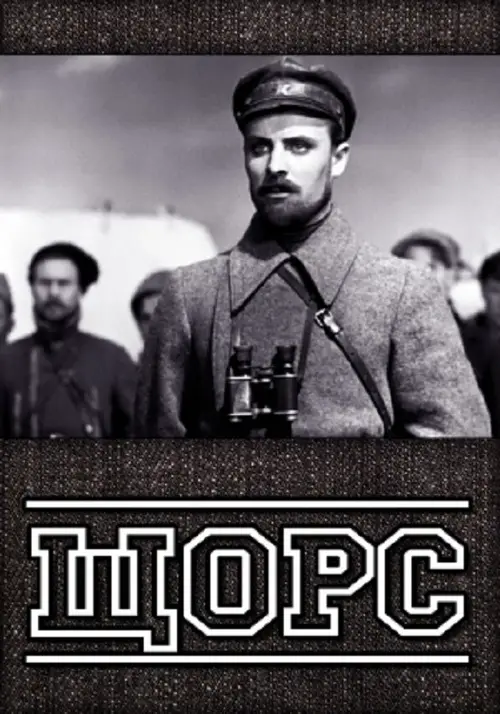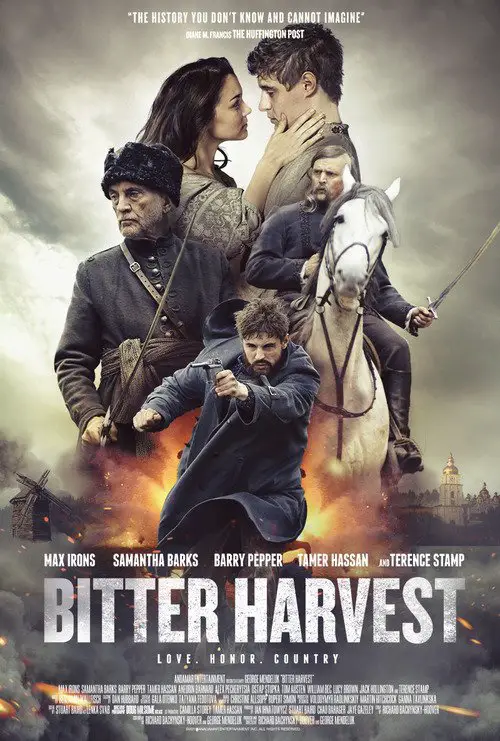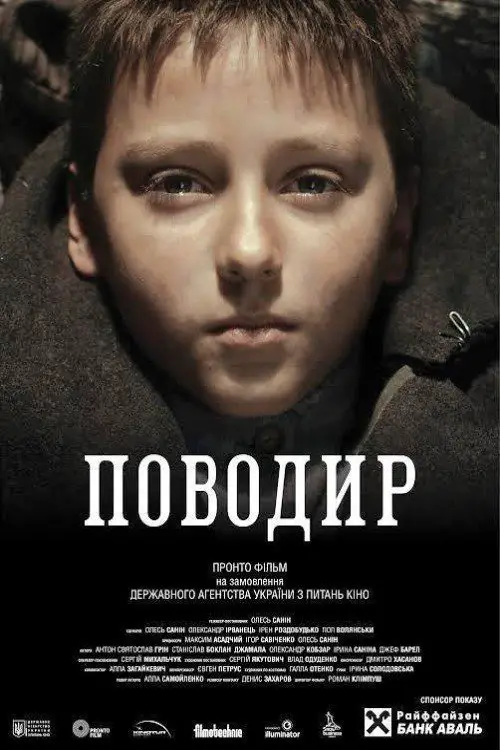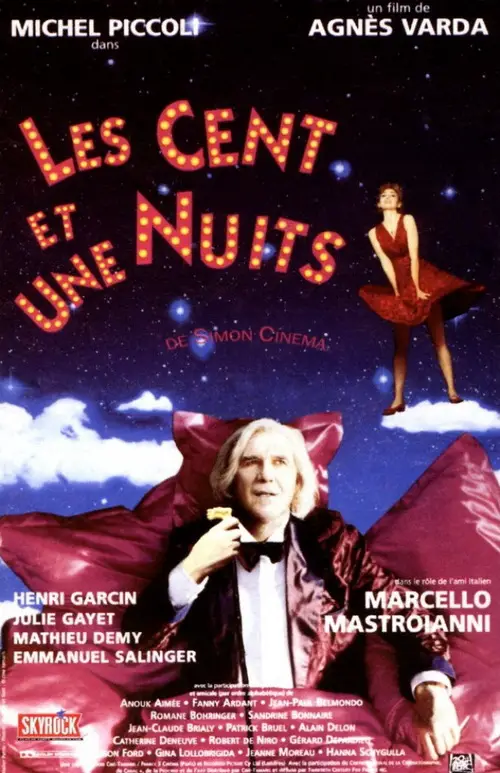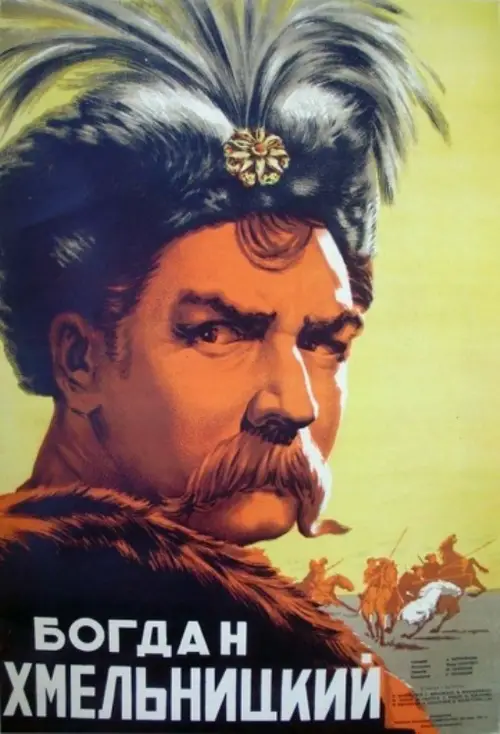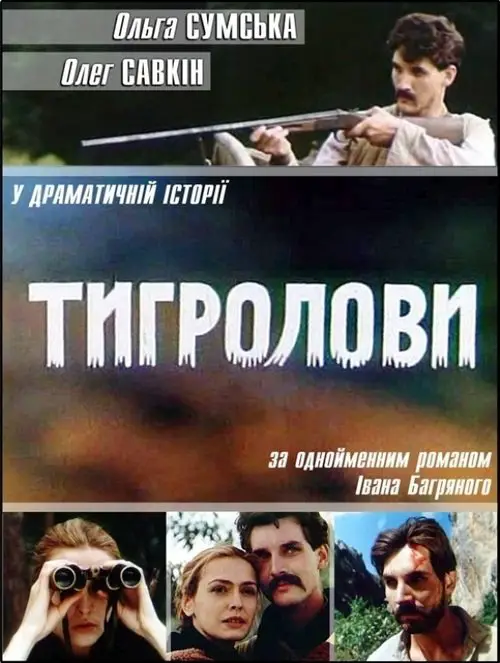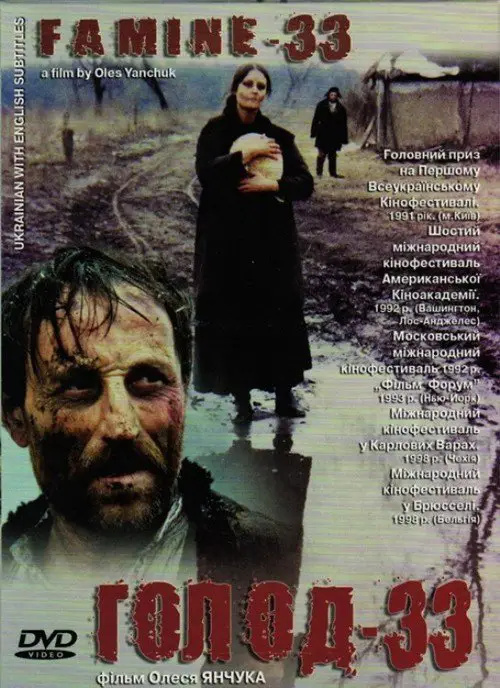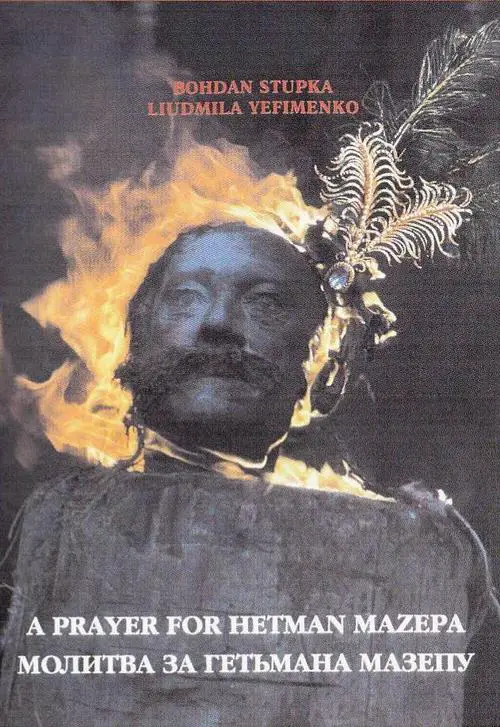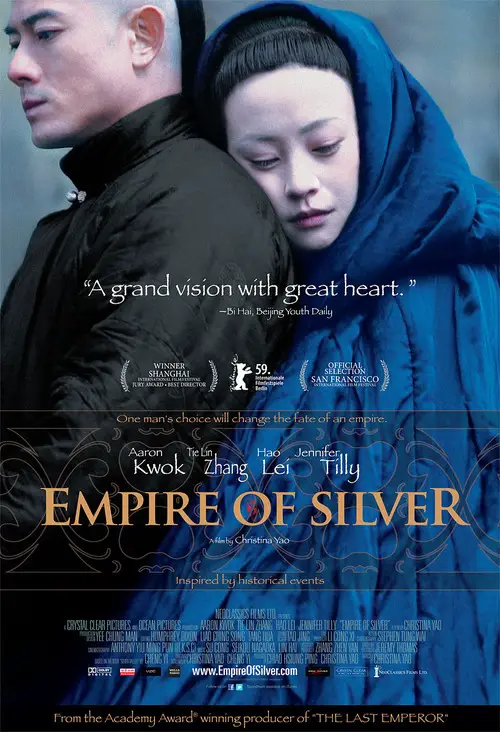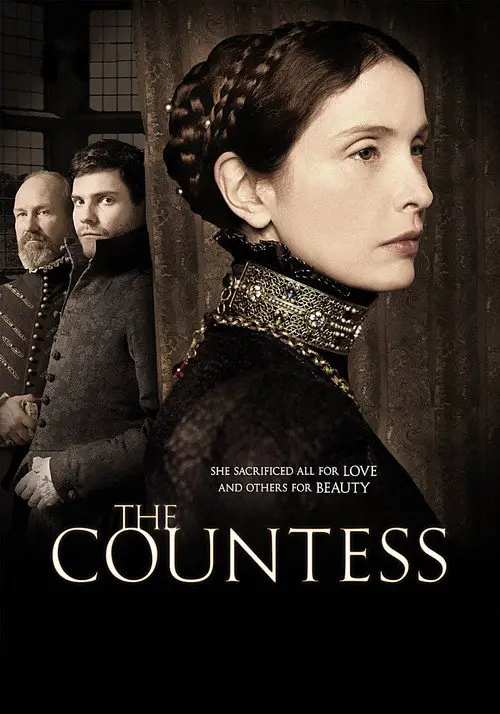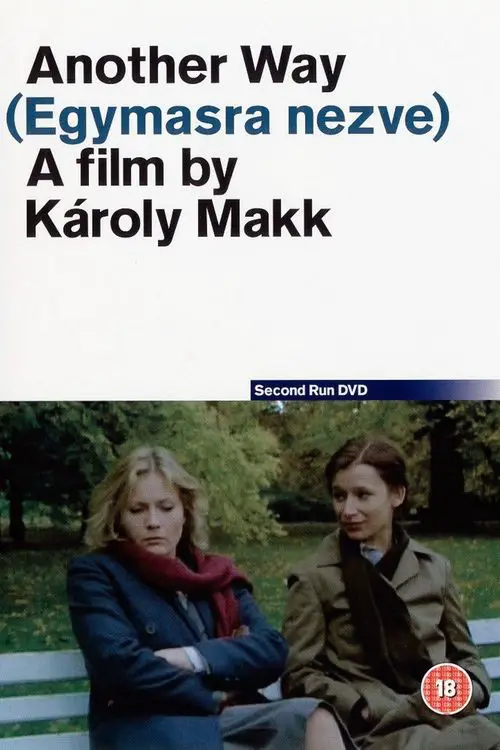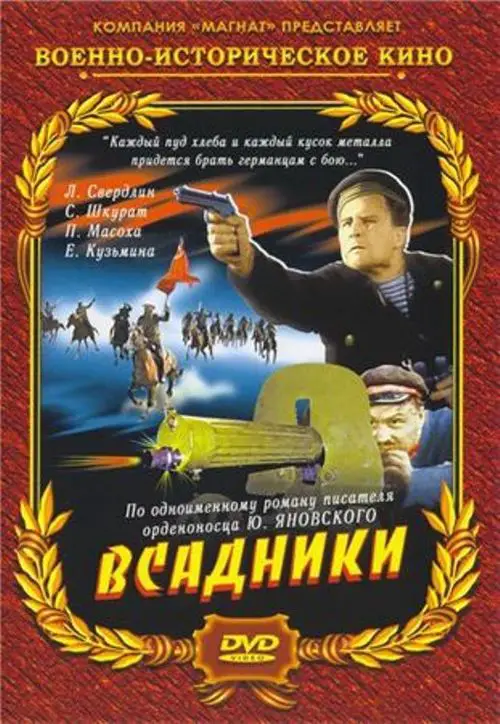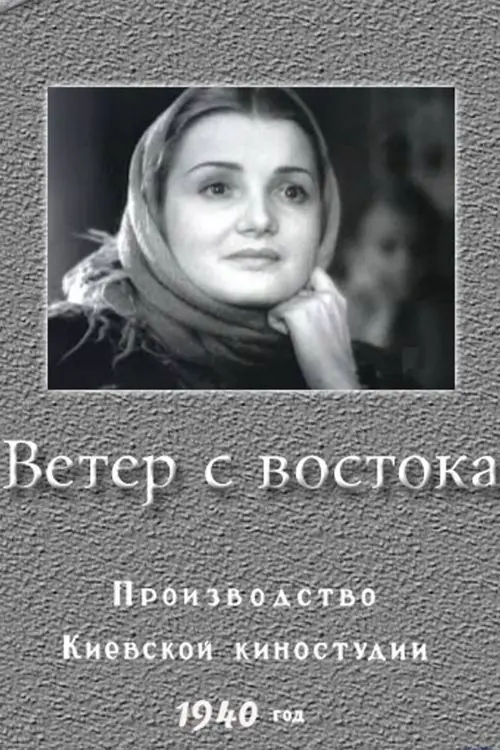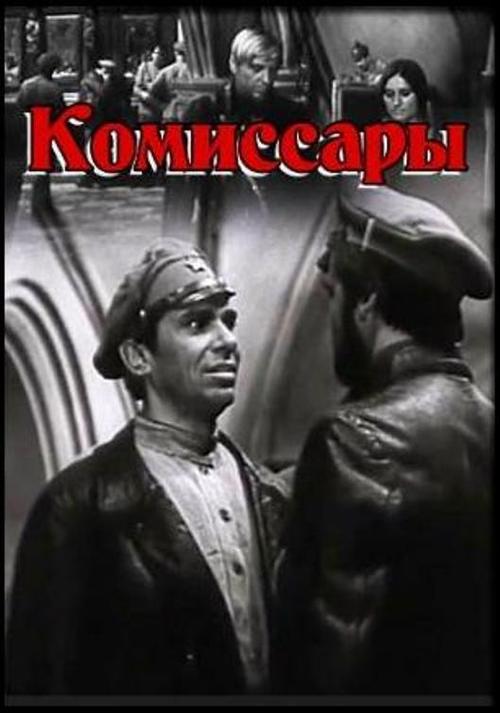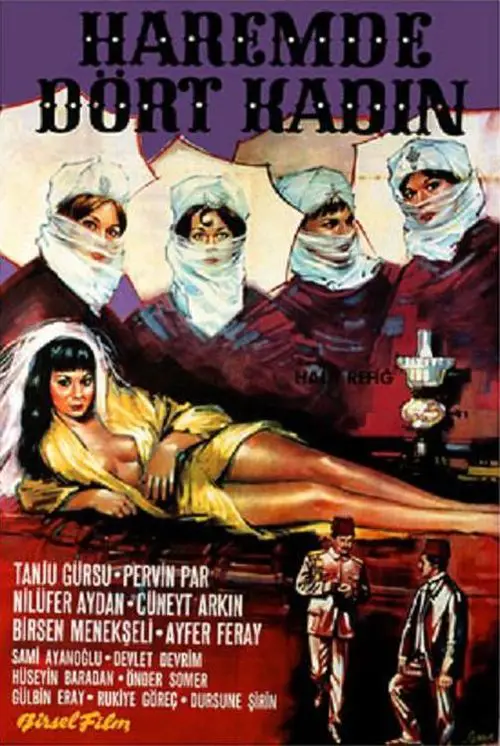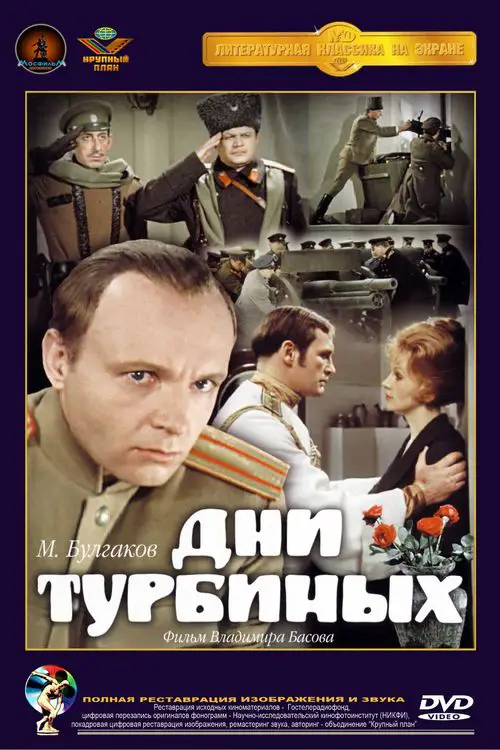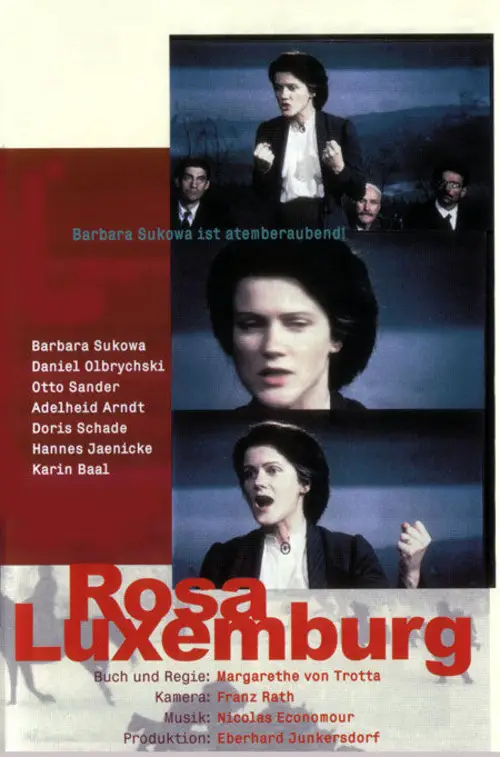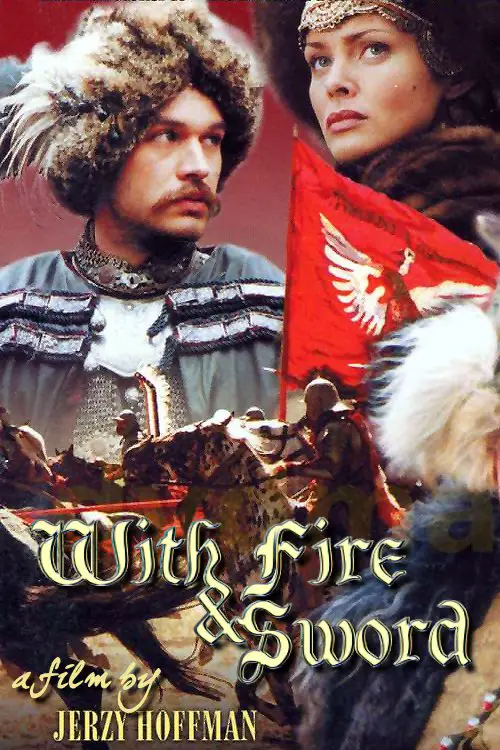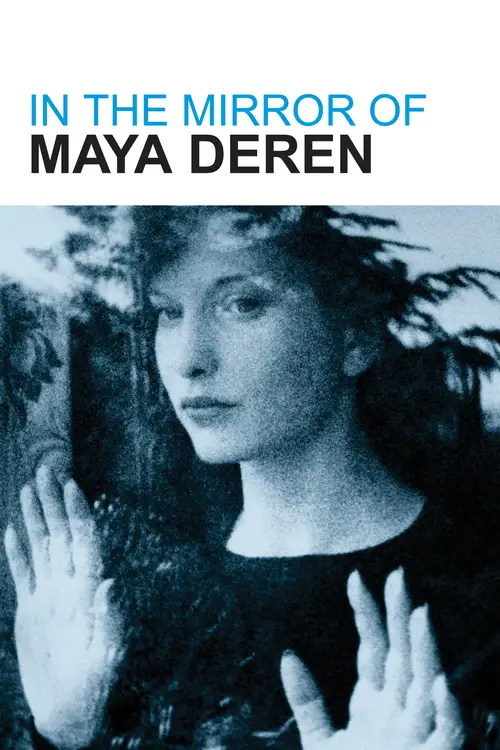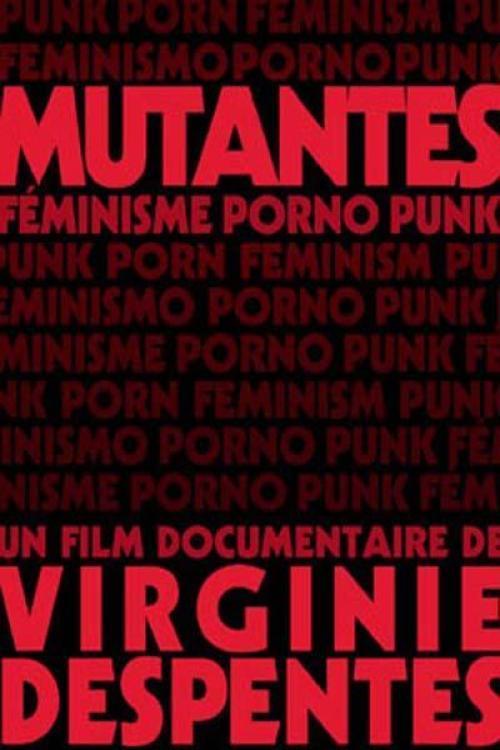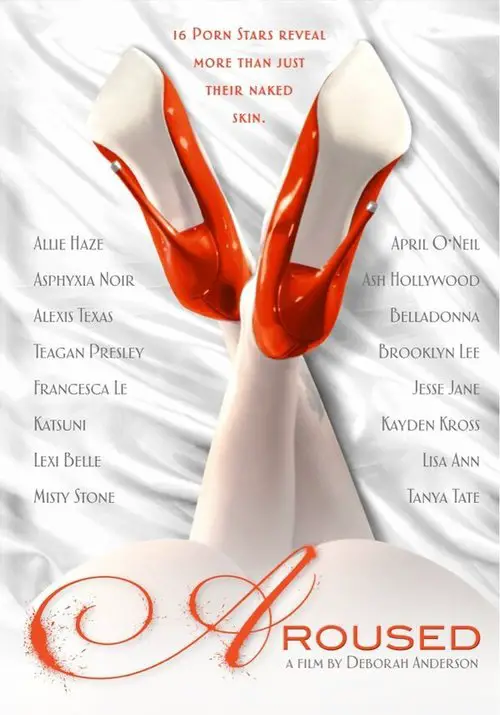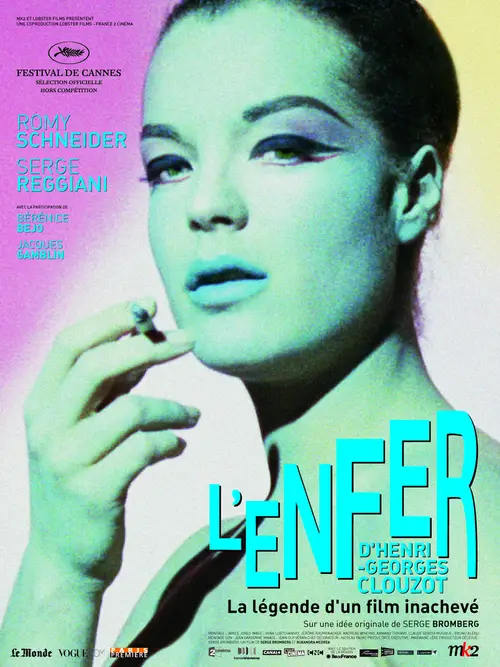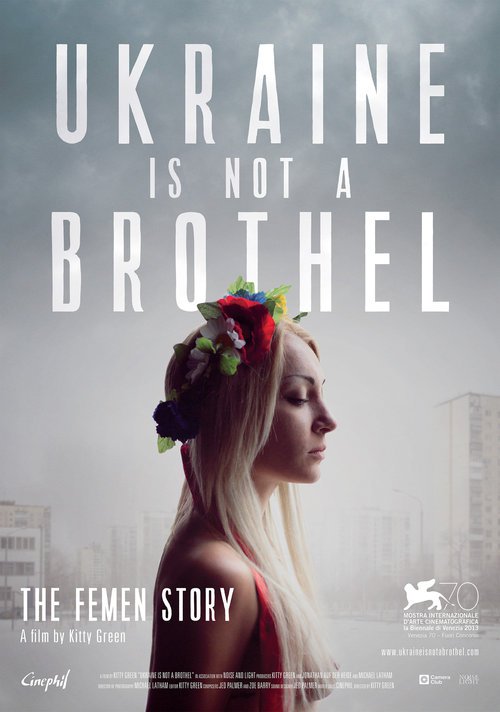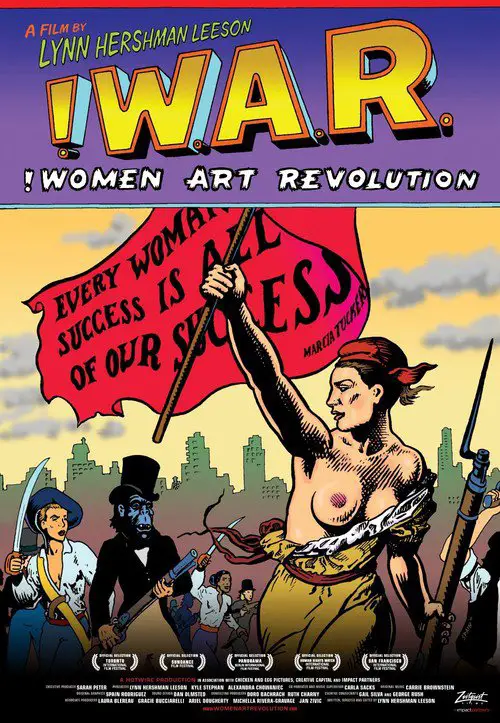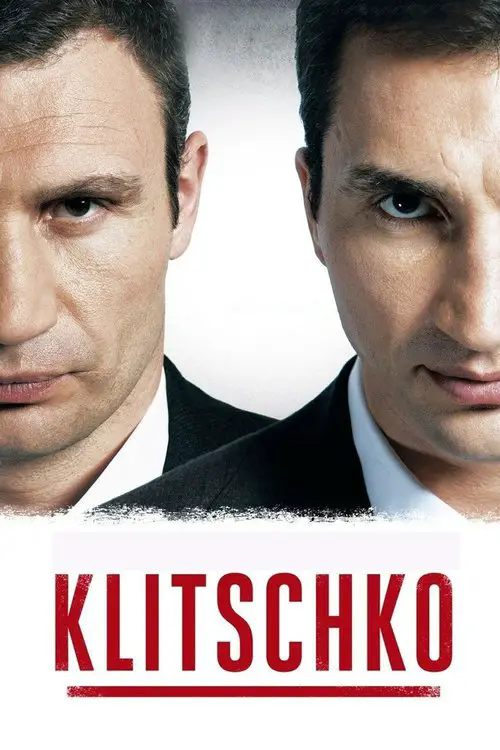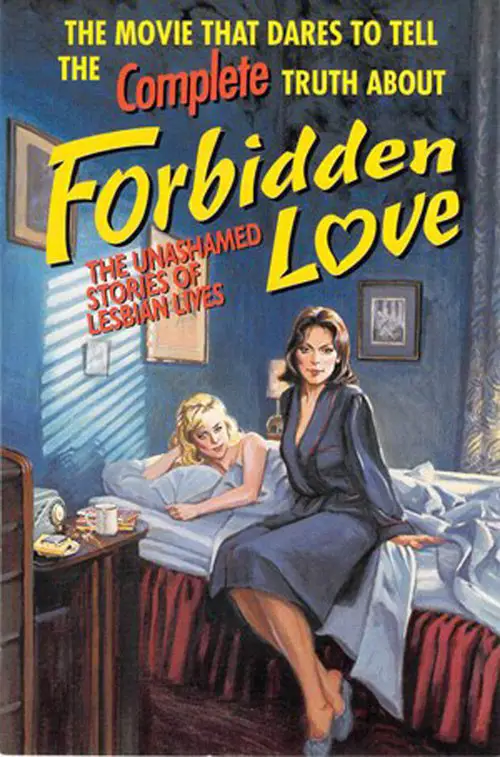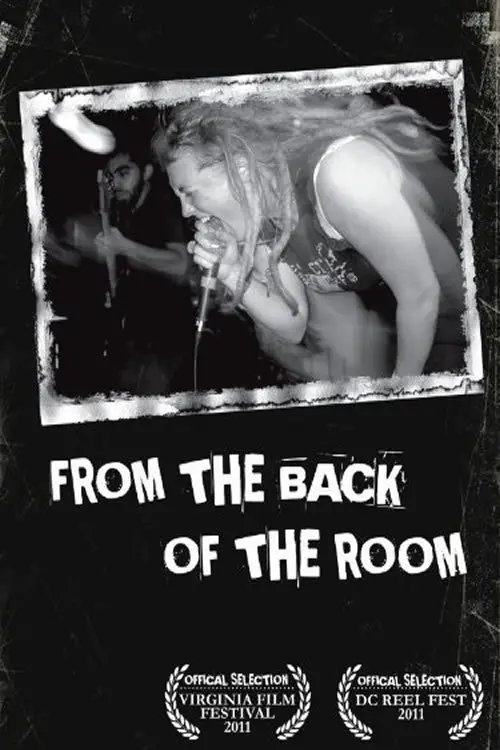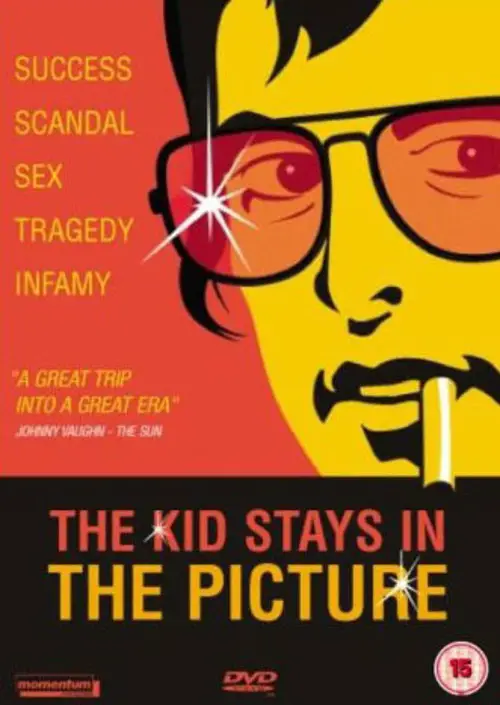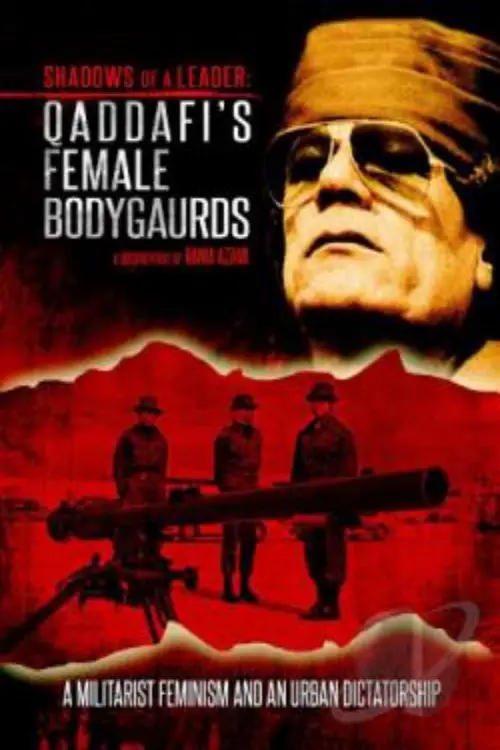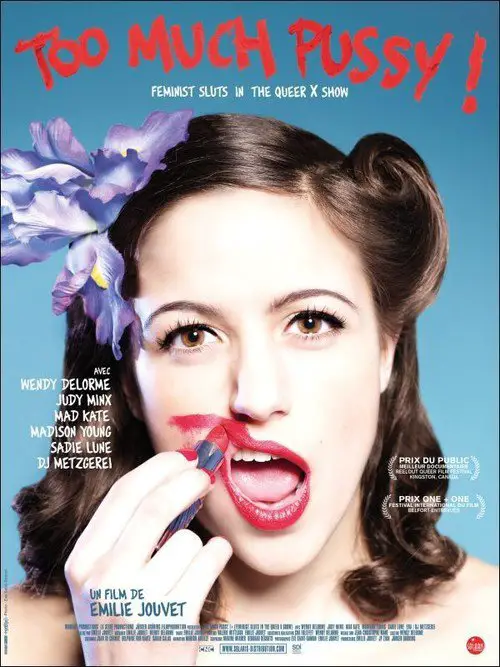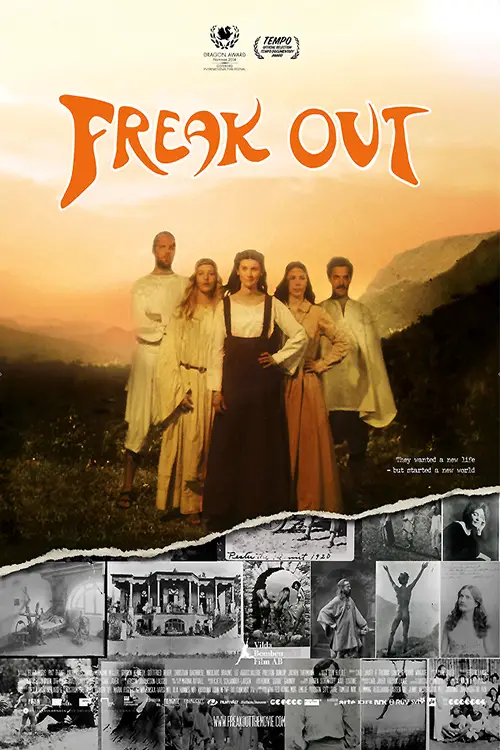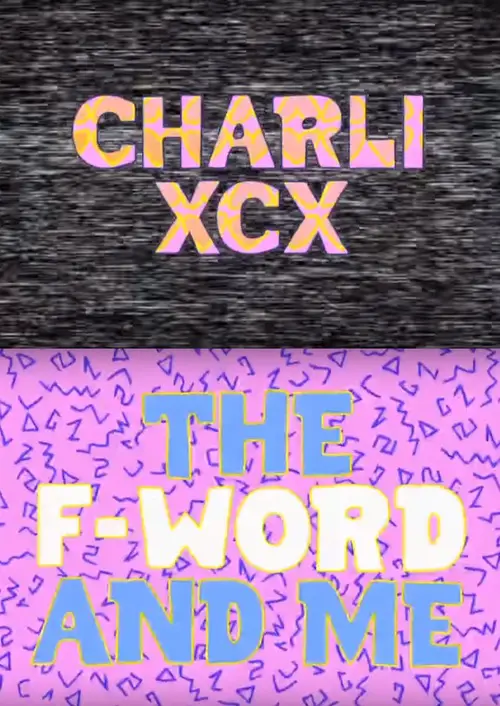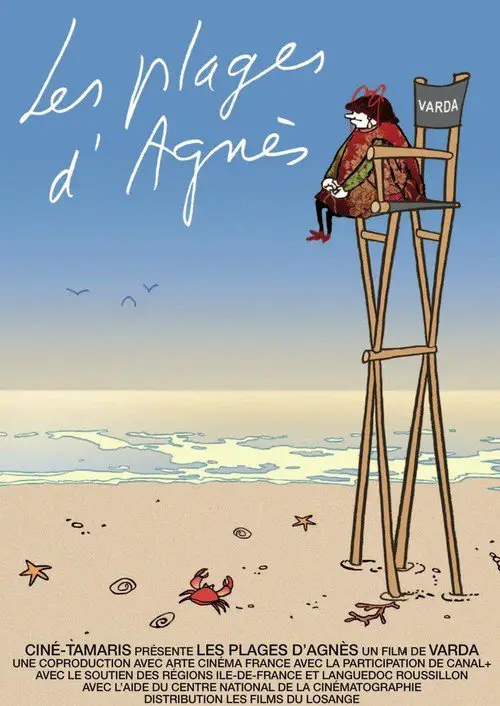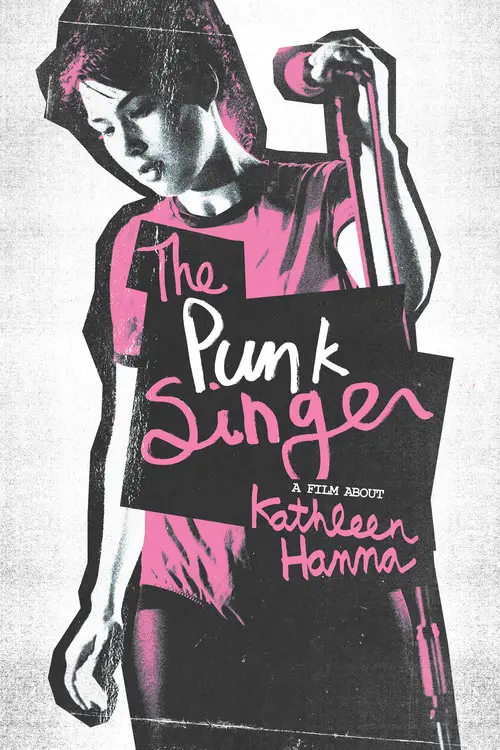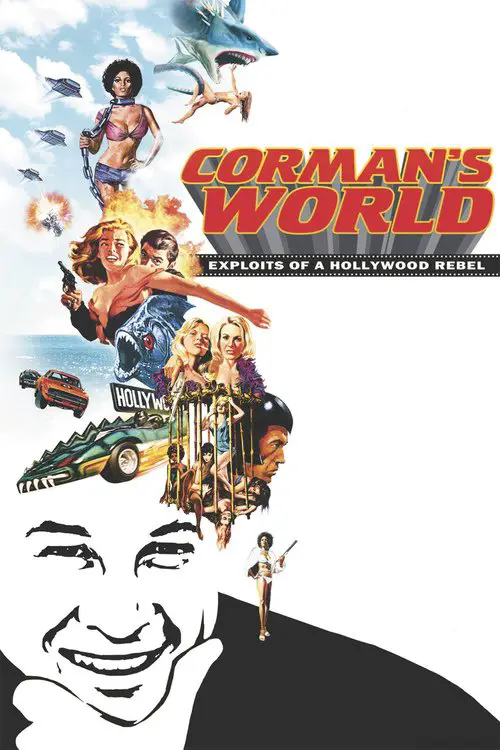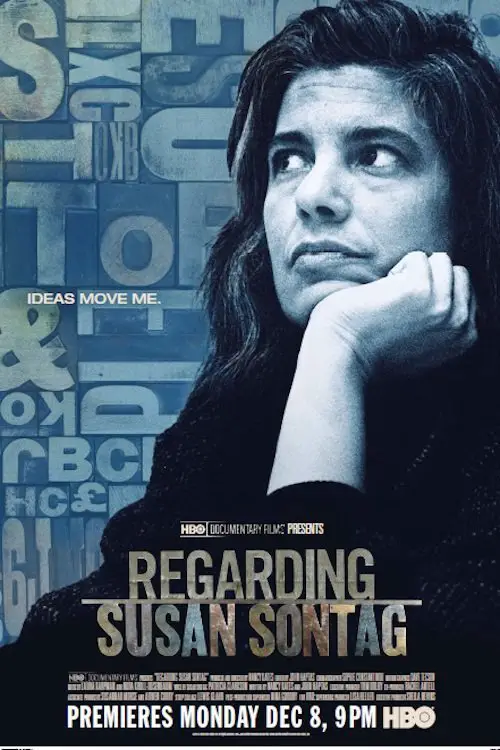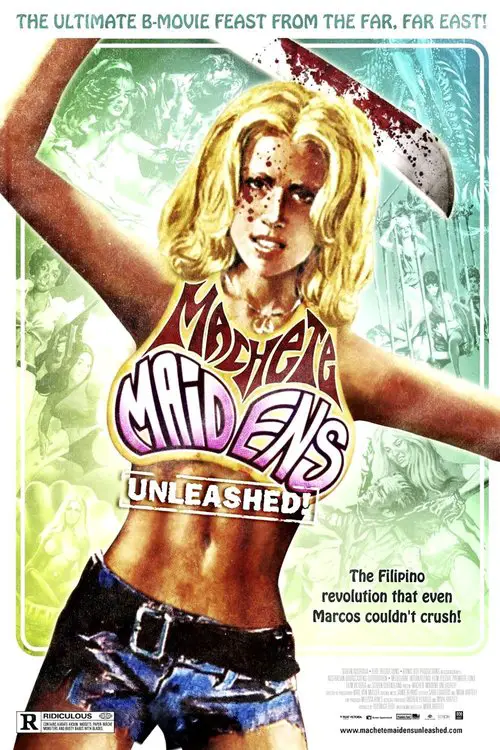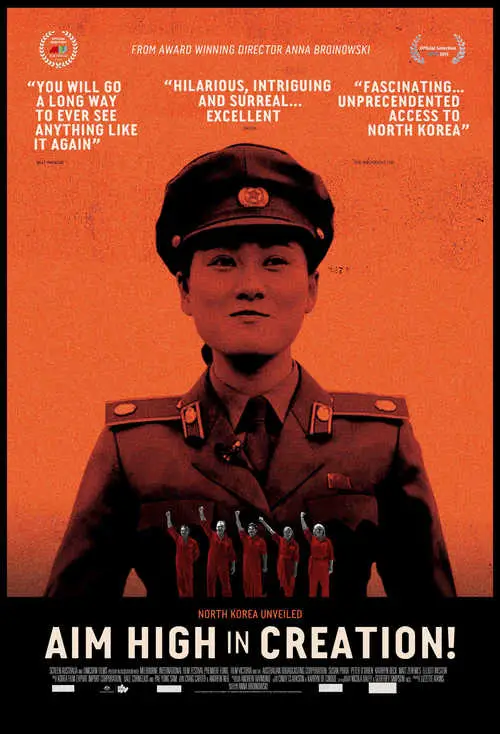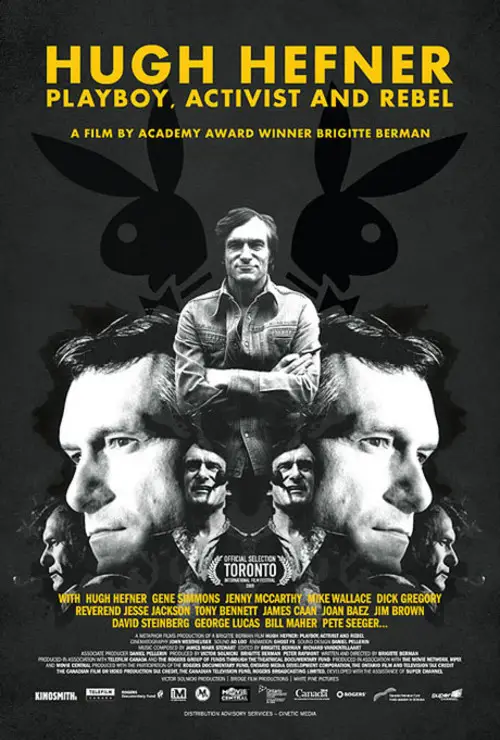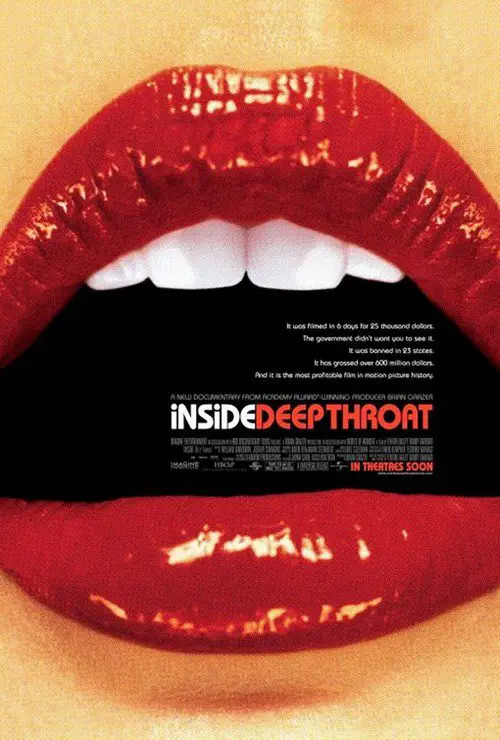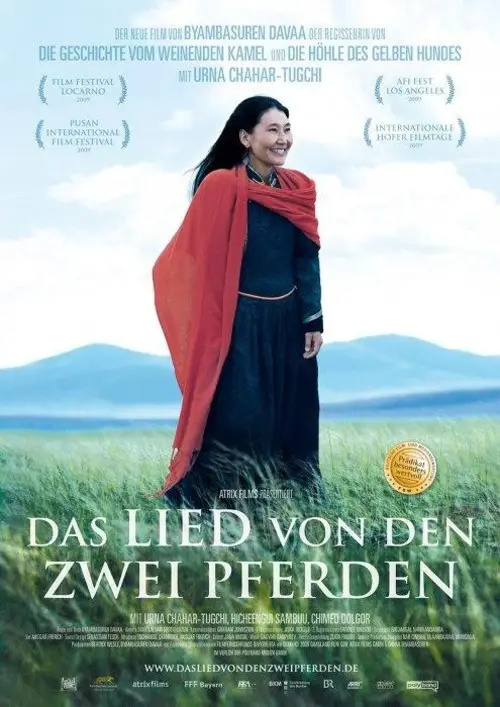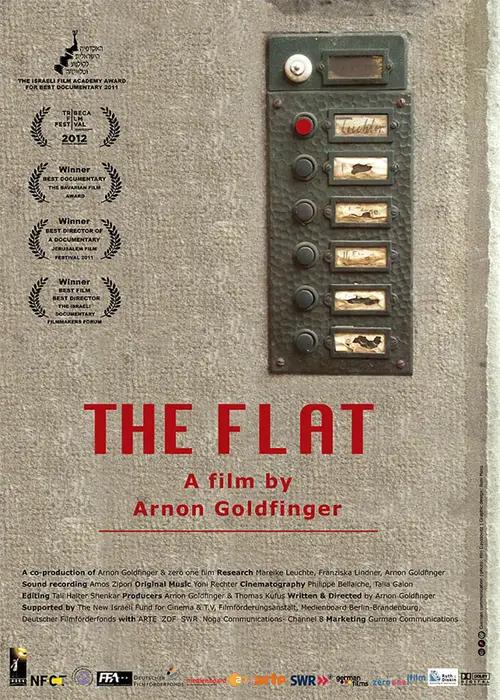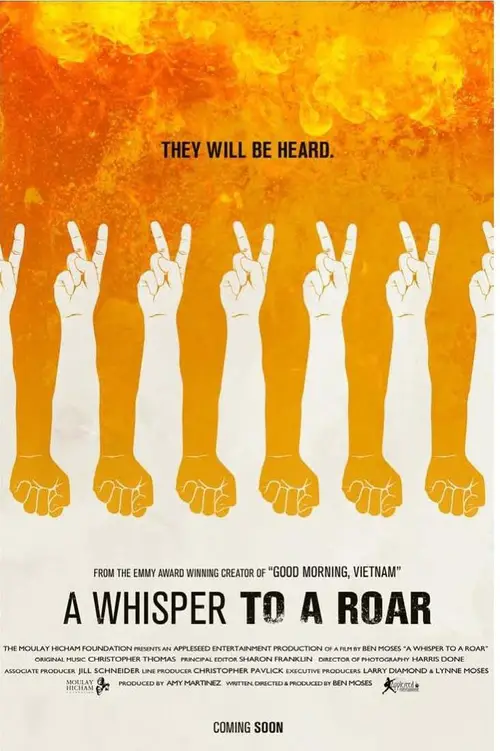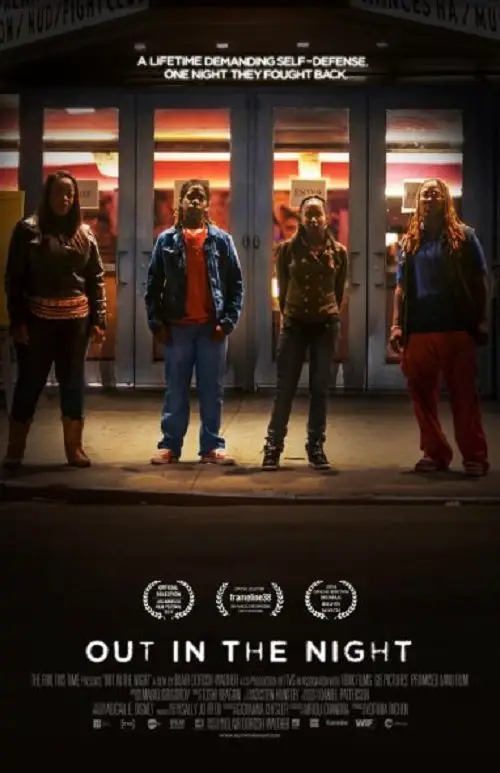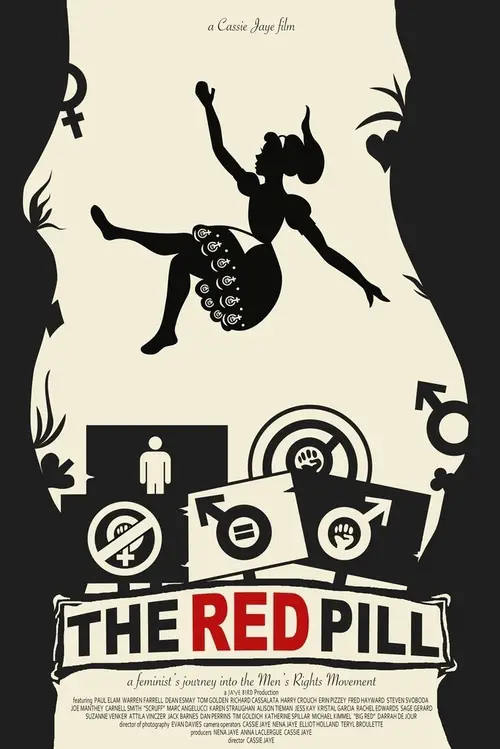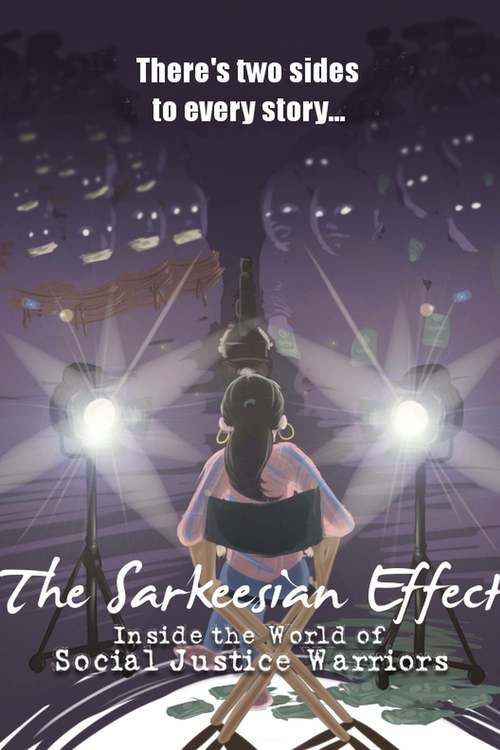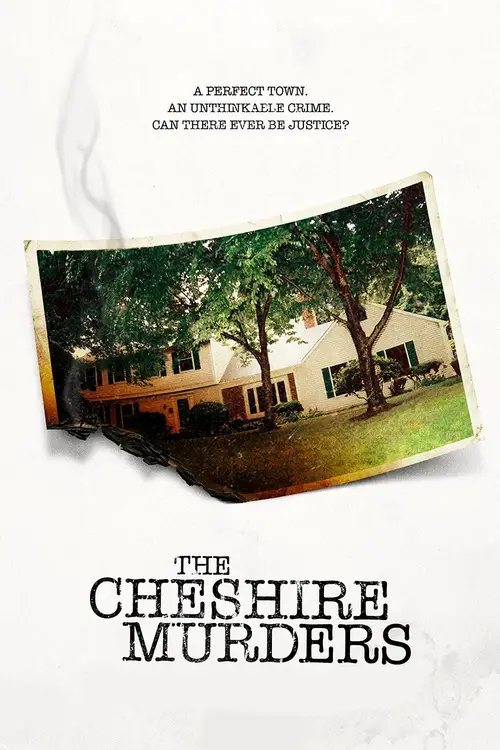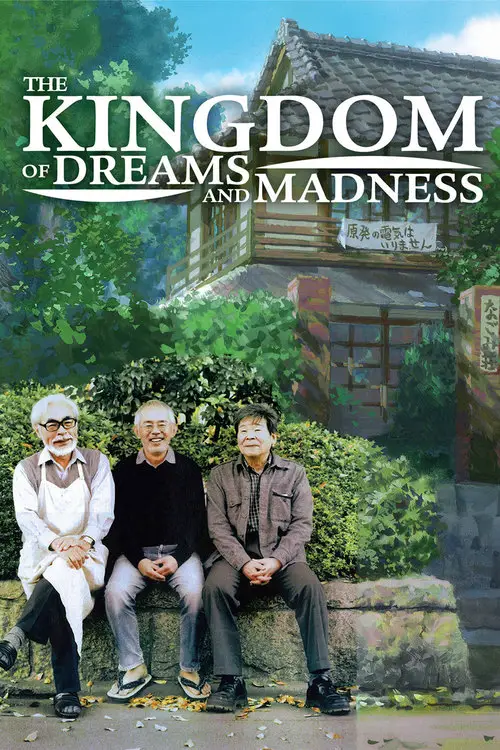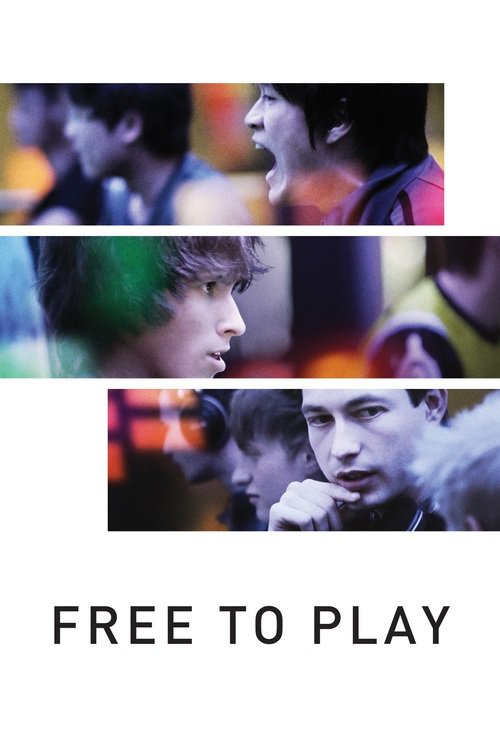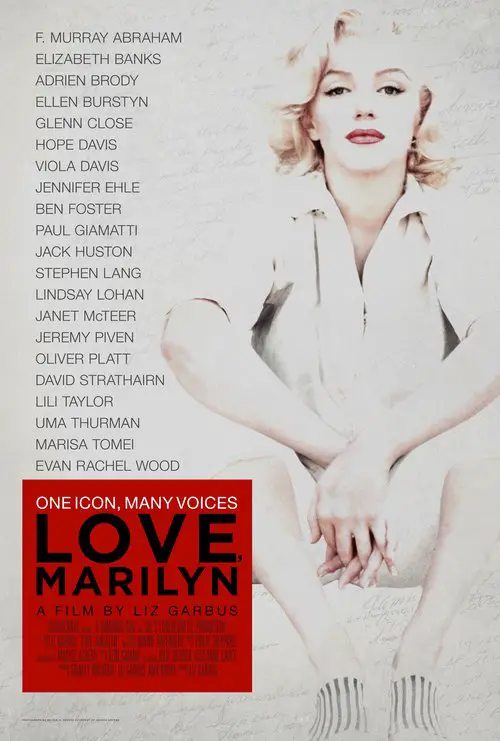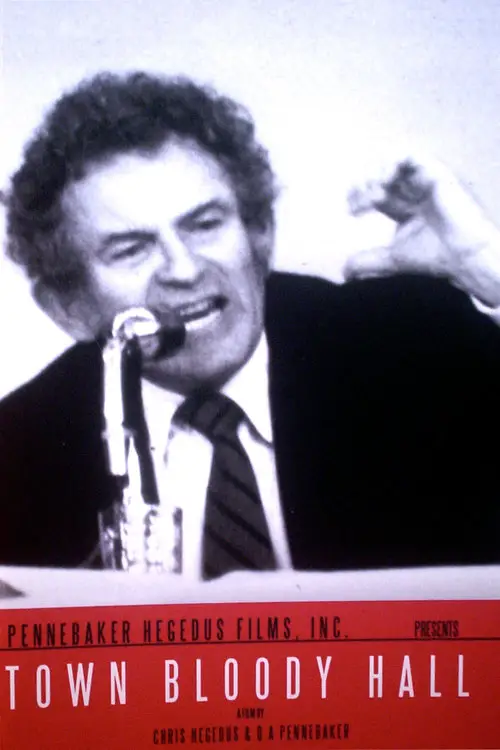My Babushka: Searching Ukrainian Identities (2001)
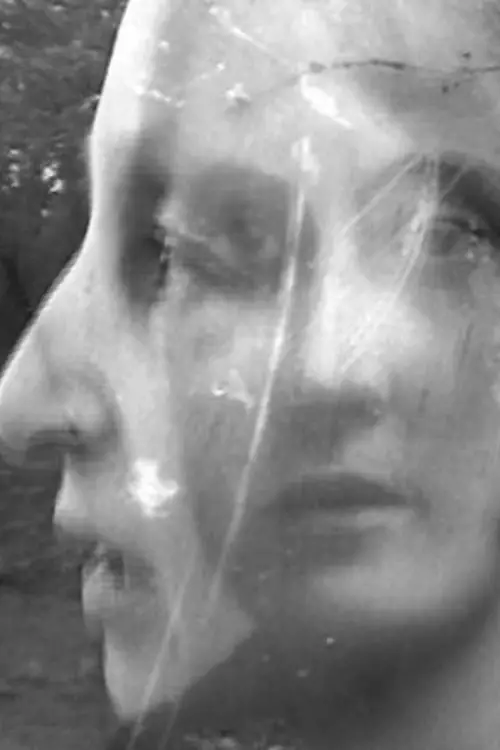
Similar movies
The year is 1919. German troops retreat from Ukraine. The Directory, the Ukrainian national government lead by Symon Petliura, takes control of Kyiv. Meanwhile, the Bolshevik division commanded by Mykola Shchors is marching on the capital. The Bolsheviks capture the cities of Vinnytsia, Zhmerynka, and others one by one, but lose Berdychiv to Petliuraâs forces. They are demoralized by the defeat. By his personal example of courage and military skill, Shchors inspires the retreating Red troops and leads them to victory over the enemy.
Set between the two World Wars and based on true historical events, Bitter Harvest conveys the untold story of the Holodomor, the genocidal famine engineered by the tyrant Joseph Stalin. The film displays a powerful tale of love, honour, rebellion and survival at a time when Ukraine was forced to adjust to the horrifying territorial ambitions of the burgeoning Soviet Union.
Monsieur Cinema, a hundred years old, lives alone in a large villa. His memories fade away, so he engages a young woman to tell him stories about all the movies ever made. Also a line of movie stars comes to visit him giving him back the pleasure of life - but amongst them there are also some young students only striving after his money for the realization of their film projects. The two stories - Monsieur Cinema's and the young people's life - are told in parallel until they come together in the end when the old man plays a role in the film made by the students.
'A Prayer for Hetman Mazepa' unfolds during an interesting era in the history of Eastern Europe when Russia, under Peter the Great, and Sweden, under King Charles XII, struggled for power; the Ukraine was the pawn in the middle. In 1709, Ivan Mazepa, Hetman of Ukraine, which was part of the Russian Empire, signed a pact with the Swedish king promising to support Sweden in its war against Russia provided that the Ukraine was given its independence.
Political and sexual repression in Hungary, just after the revolution of 1956. In 1958, the body of Eva Szalanczky, a political journalist, is discovered near the border. Her friend Livia is in hospital with a broken neck; Livia's husband, Donci, is under arrest. In a flashback to the year before, we see what leads up to the tragedy. Eva gets a job as a writer. She meets Livia and is attracted to her. Livia feels much the same, but as a married woman, has doubts and hesitations. In their work, they (and Eva in particular) bang up against the limits of telling political truths; in private, they confront the limits of living out sexual and emotional truth.
Episodic story of the resistance to the German invasion of the Ukraine in 1918 during World War 1, and made as an example of the guerrilla warfare and fierce spirit in which Ukrainian peasants were again resisting Teuton onslaughts in 1939. Highlights a small band of guerrillas and their battles using scythes, shotguns and, often, just clubs against the Kaiser's army in the Ukrainian forests.
This ideologically charged film as a typical sample of Soviet version of history portrays the events in Ukraine in 1921 after the defeat of Ukrainian liberation struggle and the occupation of the country by invading Bolshevik hordes. The Bolsheviks are good guys and Ukrainian rebels refusing to submit to a new, this time Soviet, slavery are portrayed as bandits and brigands fighting against their own people.
Berlin 1943/44 ("The Battle of Berlin"). Felice, an intelligent and courageous Jewish woman who lives under a false name, belongs to an underground organization. Lilly, a devoted mother of four, though an occasional unfaithful wife, is desperate for love. An unusual and passionate love between them blossoms despite the danger of persecution and nightly bombing raids. The Gestapo is on Felice's trail. Her friends flee, she decides to sit out the war with Lilly. One hot day in August 1944, the Gestapo is waiting in Lilly's flat...
Wronke Prison, 1916. Social democrat Rosa Luxemburg faces a mock execution. Twenty years earlier, Rosa's political gifts are acknowledged by everyone, as she struggles for democratic government in Germany and revolution in Poland. There she works closely with Leo Jogiches. Their political activity creates some difficulty for their personal relationship... As international tensions rise, Rosa makes speeches denouncing war and militarism. She seems too radical for her fellow Socialists. She meets Karl Liebknecht. When World War I begins, Rosa and Karl are united in opposition...
Get up close and personal with 16 of the most successful women in the adult film industry as they shed their clothes for an intimate photo shoot with director Deborah Anderson. As questions are asked, personal stories about their lives are revealed, from why they chose the business of sex to how they got into it in the first place. These porn stars have always been discreet about their private lives in the past, yet Anderson has a way of opening up a dialog allowing them to share more than just their naked skin on screen. Their true inner vulnerability is touching, yet the characters they have created are confident and intoxicating. Once you hear their stories, you'll never look at them in the same way again.
This documentary about Henri-Georges Clouzotâs unfinished 1964 psycho-thriller LâEnfer is as tantalizing as it is frustrating. Despite remaining one of the most masterful of French directors, Cluozot inexplicably seems to have lost control on the big-budget production of LâEnfer. The long-lost raw footage is intriguing and dazzling, infused with swirling lights and blue-lipped, cigarette-puffing fantasy temptresses. Although directors Serge Bromberg and Ruxandra Mederea have managed to speak to numerous members of the original crew, this behind-the-scenes investigation has so little to say about the reasons behind Clouzotâs failure to complete the film. In spite of this, the undiminished power of Clouzotâs extraordinary images makes the documentary a fascinating watch.
Klitschko tells the captivating story of the boxing worlds most famous brothers: Vitali and Wladimir Klitschko. From the socialist drill of their childhood in the Ukraine, and their first successes as amateurs, to their move to Germany and subsequent rise as international stars on the verge of holding the championship titles of all five boxing federations (Wladimir secured this with his unanimous World Boxing Association win against David Haye on July 2nd, 2011). Along the way they experience defeats and setbacks, low points and triumphant comebacks as well as conflicts with each other. Exciting conversations with companions and opponents, including the very first with the Klitschkos parents, give insight into their personal lives, plus never-before-seen footage of the draining preparations for a fight, and the spectacular boxing matches. Director Sebastian Dehnhardt composes an intimate and fascinating portrait of two exceptional athletes who are, before all else, brothers.
Ten women, most of them in Vancouver or Toronto, talk about being lesbian in the 1940s, 1950s, and 1960s: discovering the pulp fiction of the day about women in love, their own first affairs, the pain of breaking up, frequenting gay bars, facing police raids, men's responses, and the etiquette of butch and femme roles. Interspersed among the interviews and archival footage are four dramatized chapters from a pulp novel, "Forbidden Love": Laura leaves her hick town and heads for the city, where she meets Mitch in a bar. Sparks fly, and so do laughter and joy. Ann Bannon, one of the writers of those paperback novels about forbidden love, talks about the genre.
Although it is often credited with spurring the "third wave" of feminism, Riot Grrrl seemed to many to be a blip in the media. Riot Grrrl paved the way for the more mainstream "girl power" phenomenon, but was ultimately forgotten until recently. This film tackles the past thirty years of female involvement in Do It Yourself music, and aims to give a more complete picture of how women have participated in the D.I.Y. community, and how it affects their daily lives.
Long-haired, barefoot people. Free love! Veganism! Experiments with drugs... The sixties, right? Not quite. In 1900 a group of middle class kids revolted against their time and started the original alternative community - Monte Verità , the mountain of truth. A community based on veganism, feminism, pacifism and free love. This creative documentary mixes interviews, archive and animation in a beautiful combination bringing you straight back to the early 1900 as seen through the eyes of these young radicals. The documentary Freak Out tells the untold story of the birth of the alternative movement and unfold the uncanny similarities between our time and what they revolted against in the early 1900s.
The charts are full of extraordinary female artists - Miley Cyrus, Taylor Swift, Nicki Minaj... One of the brightest is 23-year-old Charli XCX, who has written tracks for the likes of Iggy Azalea and is fast becoming a global pop star in her own right. It seems like a golden age for female artists, a time when they are finally running the music world - even singers like Beyonce proudly stand in front of a feminist logo. But what is it really like to be a woman caught up in the pop machine today? This film follows Charli across one incredible summer, as she takes her raucous show to festivals like Glastonbury and Lollapalooza. She talks to fellow artists about what it's like to be a woman in the music business, as she finds out what feminism, the real 'f-word', means in the 21st century.
Filmmaking icon Agnès Varda, the award-winning director regarded by many as the grandmother of the French new wave, turns the camera on herself with this unique autobiographical documentary. Composed of film excerpts and elaborate dramatic re-creations, Varda's self-portrait recounts the highs and lows of her professional career, the many friendships that affected her life and her longtime marriage to cinematic giant Jacques Demy.
Regarding Susan Sontag is an intimate study of one of the most influential and provocative thinkers of the 20th century. Endlessly curious and gracefully outspoken throughout her career, Susan Sontag became one of the most important literary, political, and feminist icons of her generation. Nancy Katesâ in-depth documentary tracks Sontagâs seminal, life-changing moments through archival materials, accounts from friends, family, colleagues, and lovers, as well as her own words, as read by Patricia Clarkson.
In the final decades of the 20th century, the Philippines was a country where low-budget exploitation-film producers were free to make nearly any kind of movie they wanted, any way they pleased. It was a country with extremely lax labor regulations and a very permissive attitude towards cultural expression. As a result, it became a hotbed for the production of cheapie movies. Their history and the genre itself are detailed in this breezy, nostalgic documentary.
A revolutionary film about the cinematic genius of North Korea's late Dear Leader Kim Jung-IL, with a groundbreaking experiment at its heart - a propaganda film, made according to the rules of his 1987 manifesto. Through the shared love of cinema, AIM HIGH IN CREATION! forges an astonishing new bond between the hidden filmmakers of North Korea and their Free World collaborators. Revealing an unexpected truth about the most isolated nation on earth: filmmakers, no matter where they live, are family.
A revealing look at the outspoken, flamboyant founder of the Playboy empire. With humor and insight, the film captures Hefner's fierce battles with the government, the religious right and militant feminists. Rare footage and compelling interviews with a remarkable who's who of 20th Century American pop culture, present a brilliant and entertaining snapshot of the life of an extraordinary man and the controversies that surrounded him.
In 1972, a seemingly typical shoestring budget pornographic film was made in a Florida hotel, "Deep Throat," starring Linda Lovelace. This film would surpass the wildest expectation of everyone involved to become one of the most successful independent films of all time. It caught the public imagination which met the spirit of the times, even as the self appointed guardians of public morality struggled to suppress it, and created, for a brief moment, a possible future where sexuality in film had a bold artistic potential. This film covers the story of the making of this controversial film, its stunning success, its hysterical opposition along with its dark side of mob influence and allegations of the on set mistreatment of the film's star. In short, the combined events would redefine the popular appeal of pornography, even as more cynical developments would lead it down other paths.
A promise, an old, destroyed horse head violin and a song believed lost lead the singer Urna back to Outer Mongolia. Her grandmother was forced to destroy her once loved violin in the tumult of the Chinese Cultural Revolution. The ancient song of the Mongols, "The Two Horses of Genghis Khan", was engraved on the violin's neck. Only the violin's neck and head survived the cultural storm. Now it is time to fulfill the promise that Urna made to her grandmother. Arrived in Ulan Bator, Urna brings the still intact parts of the violin - head and neck - to Hicheengui, a renowned maker of horse head violins, who will build a new body for the old instrument in the coming weeks. Then, Urna leaves for the interior to look there for the song's missing verses. But she will be disappointed. None of the people whom she meets on the way appears to still know the old melody of the Mongols.
The flat on the third floor of a Bauhaus building in Tel Aviv was where my grandparents lived since they immigrated to Palestine in the 1930's. Were it not for the view from the windows, one might have thought that the flat was in Berlin. When my grandmother passed away at the age of 98 we were called to the flat to clear out what was left. Objects, pictures, letters and documents awaited us, revealing traces of a troubled and unknown past. The film begins with the emptying out of a flat and develops into a riveting adventure, involving unexpected national interests, a friendship that crosses enemy lines, and deeply repressed family emotions. And even reveals some secrets that should have probably remained untold...
What "That's Entertainment" did for movie musicals, "The Celluloid Closet" does for Hollywood homosexuality, as this exuberant, eye-opening movie serves up a dazzling hundred-year history of the role of gay men and lesbians have had on the silver screen. Lily Tomlin narrates as Oscar-winning moviemaker Rob Epstein (The Times of Harvey Milk and Common Threads: Stories from the Quilt) and Jeffrey Friedman assemble fabulous footage from 120 films showing the changing face of cinema sexuality, from cruel stereotypes to covert love to the activist triumphs of the 1990s. Tom Hanks, Susan Sarandon, Whoopi Goldberg, Tony Curtis, Harvey Fierstein and Gore Vidal are just a few of the many actors, writers and commentators who provide funny and insightful anecdotes.
In the early-morning hours of July 23, 2007, in Cheshire, Conn., ex-convicts Steven Hayes and Joshua Komisarjevsky broke into the family home of Dr. William Petit, his wife, Jennifer Hawke-Petit, and their daughters, Michaela, 11, and Hayley, 17. Dr. Petit was beaten and tied to a pole in the basement. The three women were bound in their bedrooms while the men ransacked the house. The brutal ordeal continued throughout the morning, ending with rape, arson and a horrific triple homicide.
© Valossa 2015–2026
| Privacy Policy

